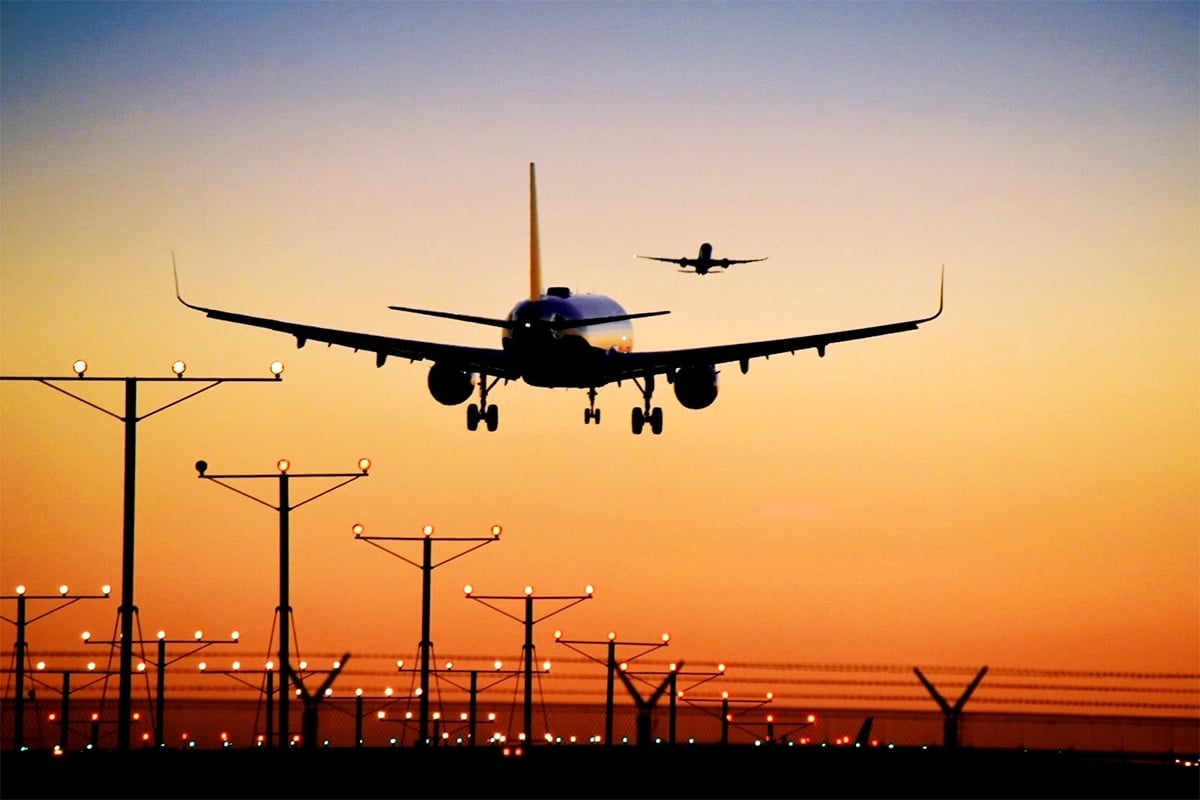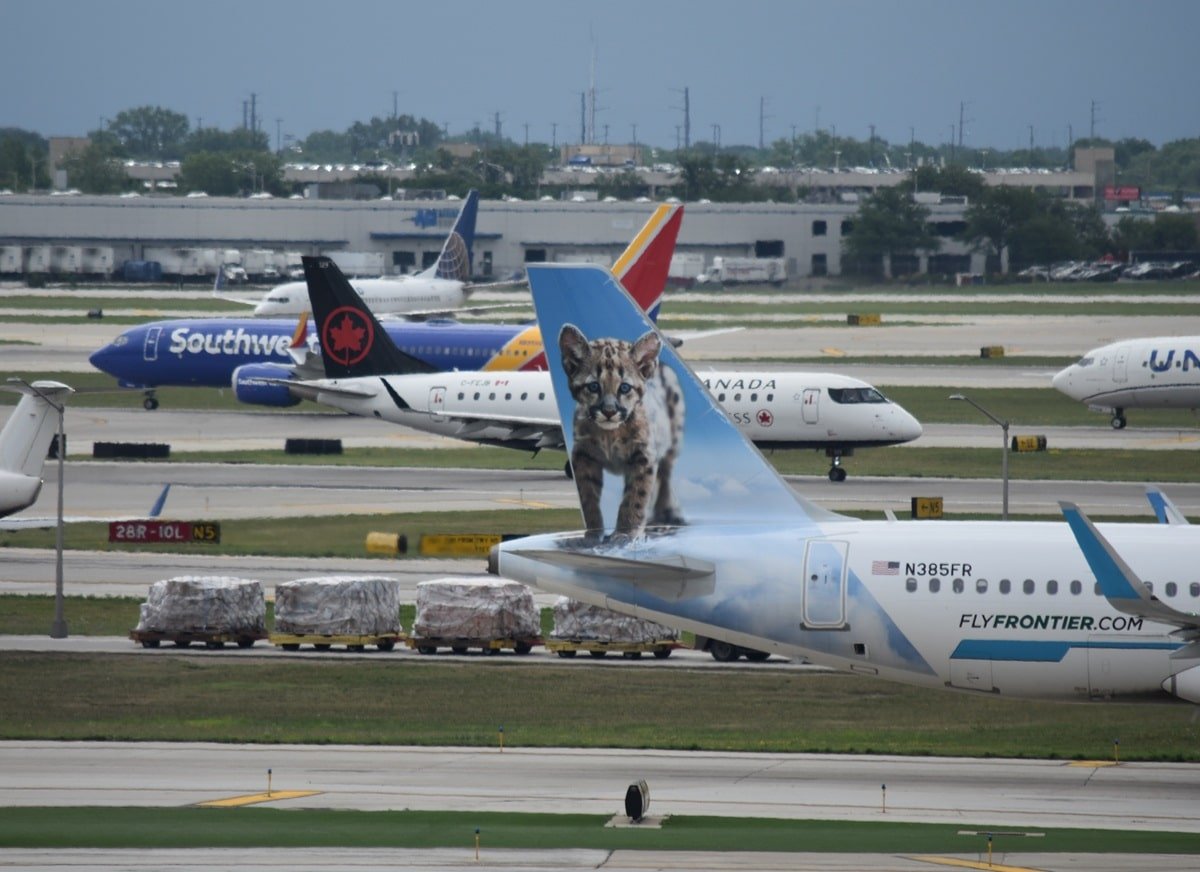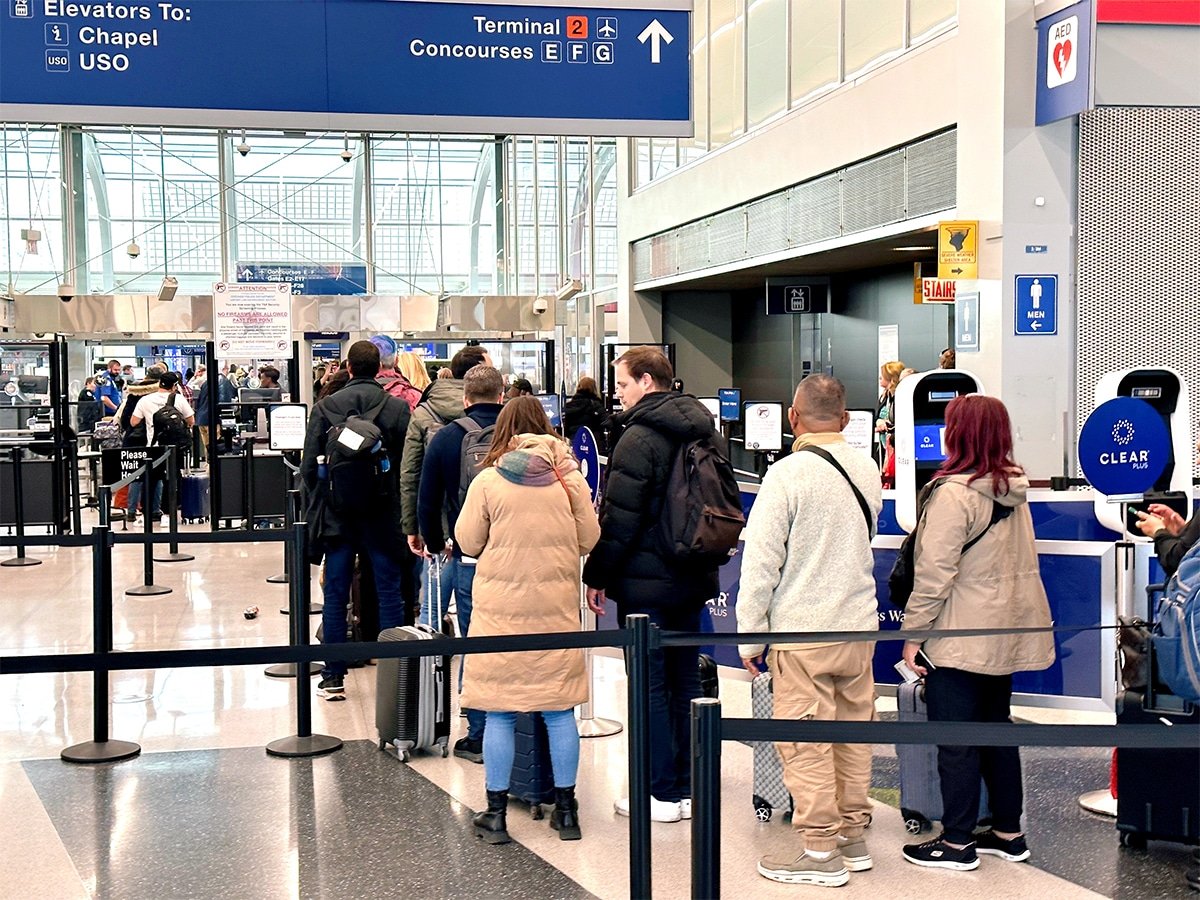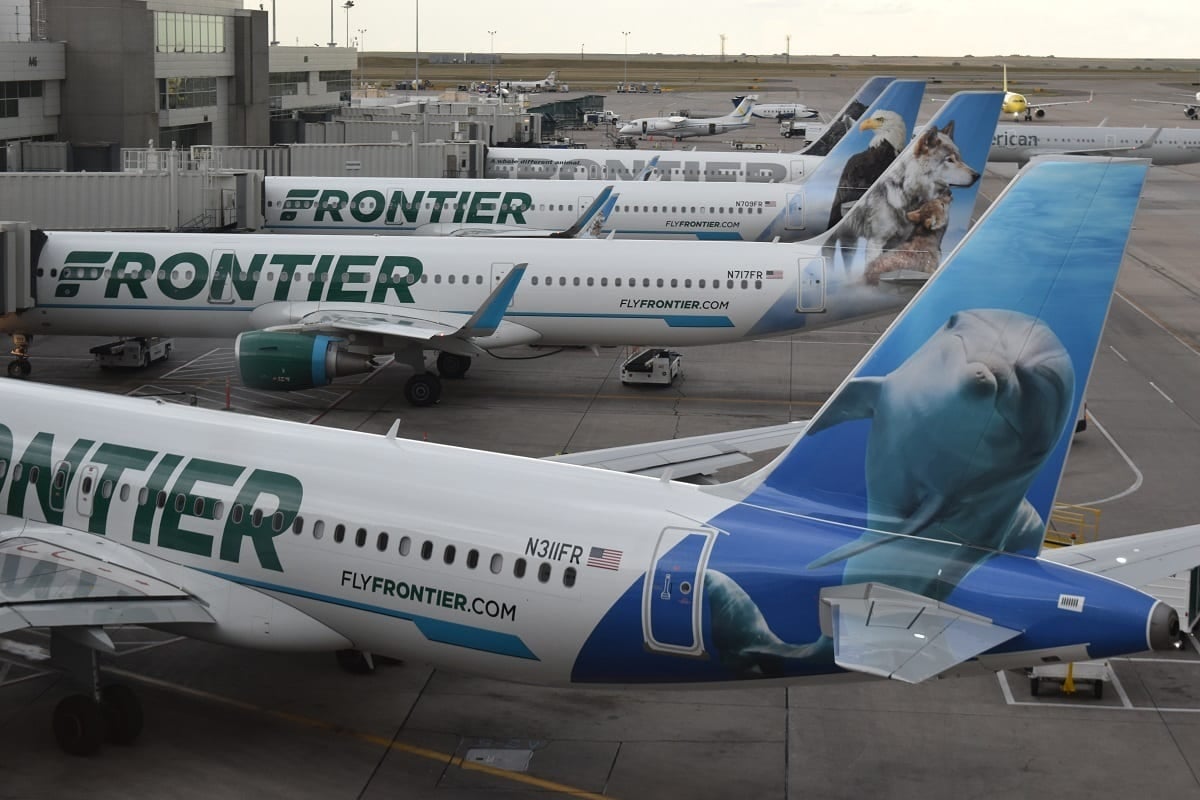With the government shutdown dragging into another week, the Federal Aviation Administration (FAA) announced plans to reduce air traffic by 10% at 40 of the nation’s busiest airports beginning tomorrow (Friday, November 7). The move comes as air traffic controller shortages and unpaid federal staff are straining the aviation system and causing widespread flight delays and cancellations.

Transportation Secretary Sean Duffy said the decision aims to “alleviate the pressure” on air traffic controllers who have been working without pay since the shutdown began. Absences at control towers have already led to flight delays and cancellations. “We’re not going to wait for a safety problem to truly manifest itself when the early indicators are telling us we can take action today to prevent things from deteriorating,” FAA Administrator Bryan Bedford said.
According to reports from multiple outlets including ABC News, the Associated Press and CBS News, the affected airports are:
- Anchorage International (ANC)
- Hartsfield-Jackson Atlanta International (ATL)
- Boston Logan International (BOS)
- Baltimore/Washington International (BWI)
- Charlotte Douglas International (CLT)
- Cincinnati/Northern Kentucky International (CVG)
- Dallas Love (DAL)
- Ronald Reagan Washington National (DCA)
- Denver International (DEN)
- Dallas/Fort Worth International (DFW)
- Detroit Metropolitan Wayne County (DTW)
- Newark Liberty International (EWR)
- Fort Lauderdale/Hollywood International (FLL)
- Honolulu International (HNL)
- Houston Hobby (HOU)
- Washington Dulles International (IAD)
- George Bush Houston Intercontinental (IAH)
- Indianapolis International (IND)
- New York John F. Kennedy International (JFK)
- Las Vegas Harry Reid International (LAS)
- Los Angeles International (LAX)
- New York LaGuardia (LGA)
- Orlando International (MCO)
- Chicago Midway (MDW)
- Memphis International (MEM)
- Miami International (MIA)
- Minneapolis/St. Paul International (MSP)
- Oakland International (OAK)
- Ontario International (ONT)
- Chicago O`Hare International (ORD)
- Portland International (PDX)
- Philadelphia International (PHL)
- Phoenix Sky Harbor International (PHX)
- San Diego International (SAN)
- Louisville International (SDF)
- Seattle/Tacoma International (SEA)
- San Francisco International (SFO)
- Salt Lake City International (SLC)
- Teterboro (TEB)
- Tampa International (TPA)
The FAA said it will meet with airlines to coordinate the schedule reductions, which are being described as “surgical” and focused on the highest-traffic markets. The agency is also restricting certain space launches and small aircraft operations to relieve airspace congestion.
United Airlines CEO Scott Kirby told employees that United will comply with the FAA directive while prioritizing safety and minimizing passenger disruption. He said long-haul international and hub-to-hub flights will not be affected, while regional and domestic routes between non-hub airports will see reductions. United customers will be notified directly about any schedule changes and can request refunds even for nonrefundable or basic economy fares.
United Airlines has issued a travel waiver allowing passengers to make voluntary changes or request refunds for travel to, from or through key hubs including Chicago O’Hare (ORD), Cleveland (CLE), Denver (DEN), Guam, GU, US (GUM), Hong Kong (HKG), Honolulu, HI, US (HNL), Houston (IAH), Los Angeles (LAX), Newark/New York (EWR), San Francisco (SFO) and Washington Dulles (IAD) for tickets between November 6–13, 2025. The dates may be extended if the government shutdown continues.
Frontier Airlines CEO Barry Biffle urged travelers to plan ahead and consider backup options if they have critical travel in the coming days. The airline, along with others, is working to adjust schedules ahead of the FAA’s mandate.
The U.S. Travel Association called on Congress to end the shutdown immediately, warning that these disruptions will further damage confidence in U.S. air travel. “The decision to reduce scheduled flight capacity, while necessary to keep our skies safe, will inevitably affect the travel experience,” said U.S. Travel President and CEO Geoff Freeman.
According to USA Today, some travelers are turning to the road instead of the skies. Hertz reported a more than 20% year-over-year increase in one-way car rental bookings for November 8 and 9, when flight reductions are set to take effect. “We join the airlines in urging Congress to swiftly pass a clean continuing resolution and restore certainty for travelers,” Hertz CEO Gil West said.
Travel Tip: If you’re flying within the next two weeks, monitor your flight status closely, sign up for airline alerts and consider flexible or refundable fares. For shorter trips, a one-way car rental could be a smart alternative. With reductions across 40 major airports, delays and cancellations are likely until the government reopens.
For now, the FAA says its focus remains keeping the skies safe, but travelers should prepare for a bumpy ride in the days ahead.




70th birthday coming up, and my long awaited very first trip to Hawaii has been planned for months with my daughter and my twin brother. Not looking hopeful. 😢
I think you will be fine.